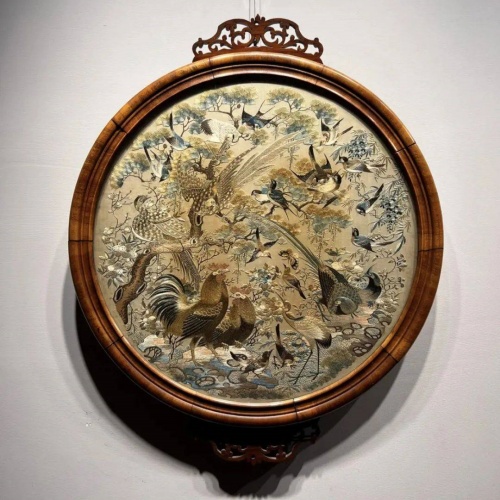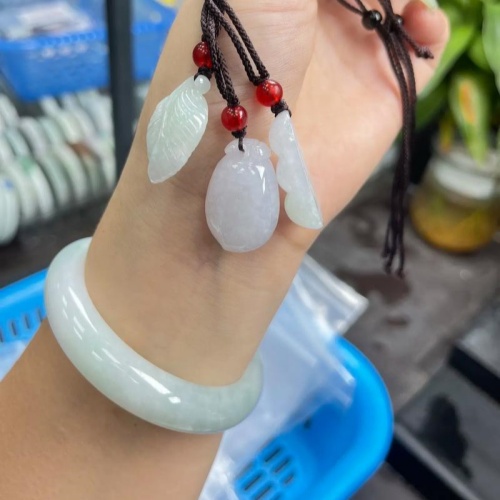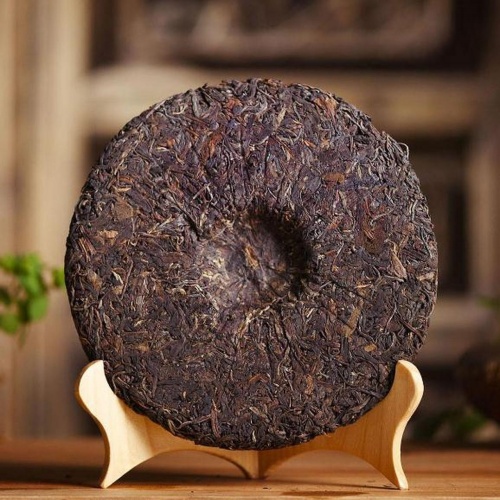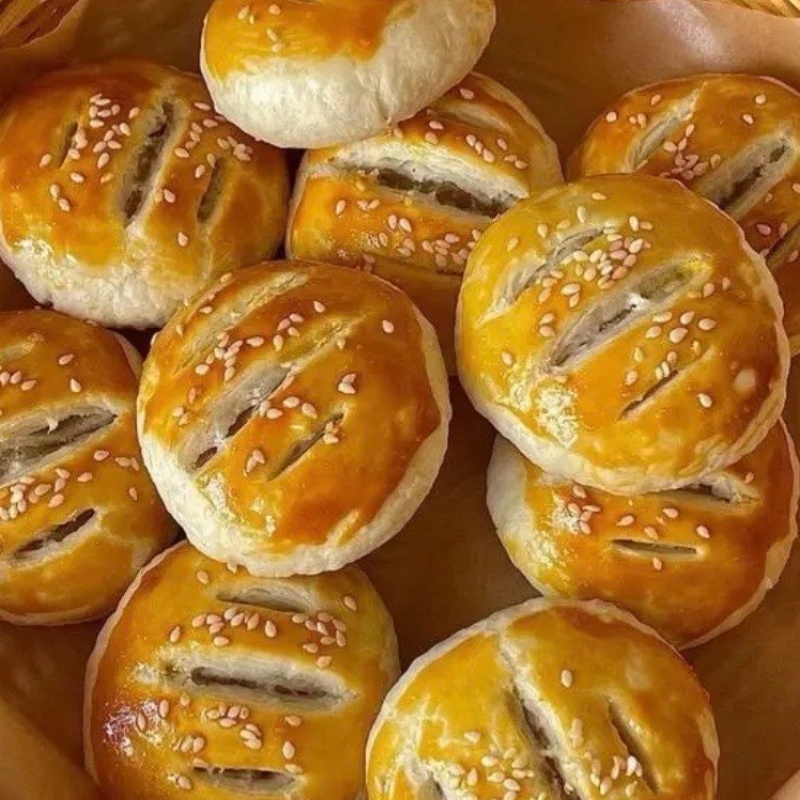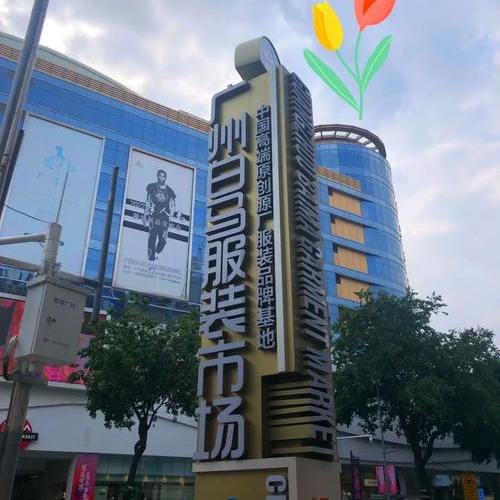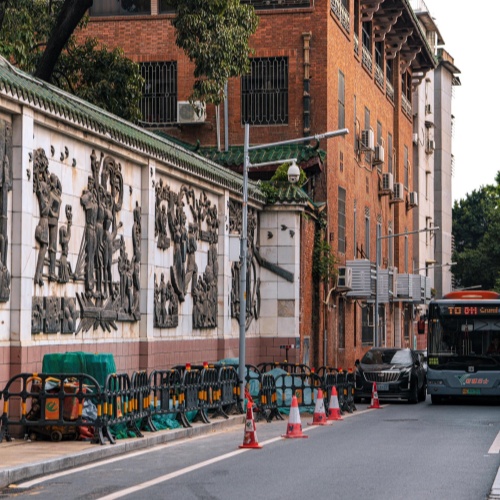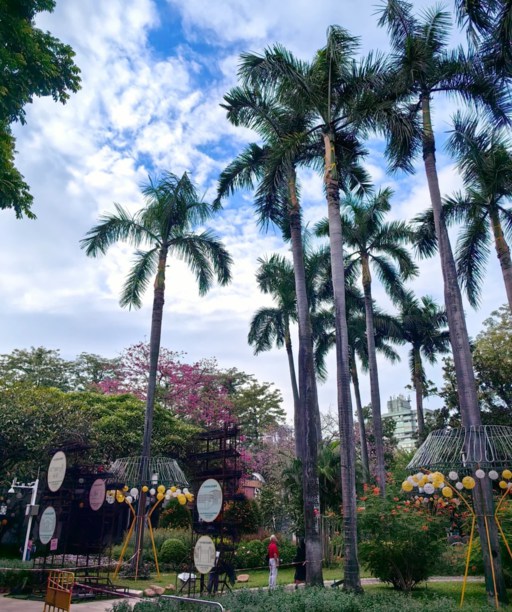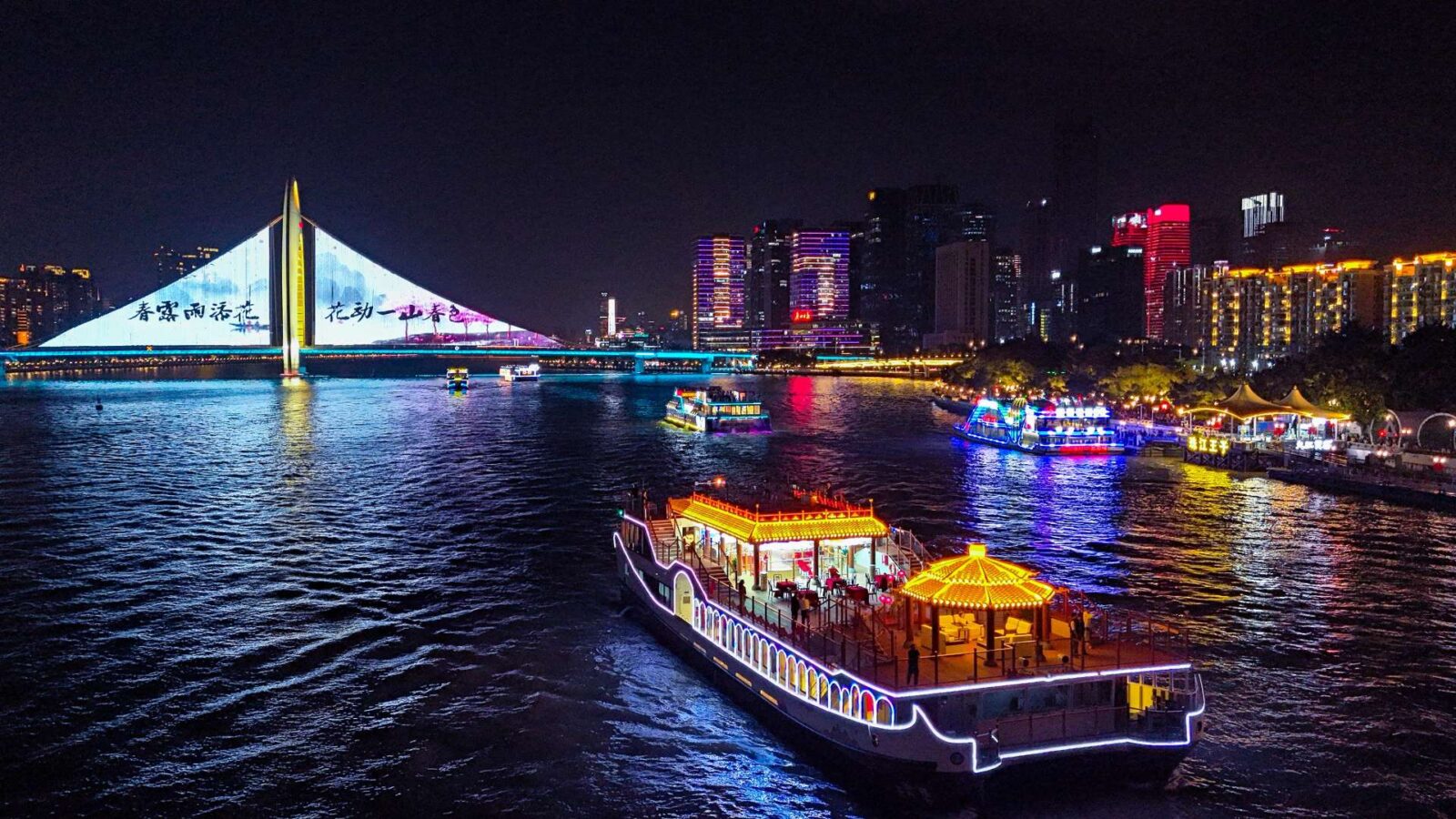It doesn’t take more than a few hours in Guangzhou to understand why people say it’s the shopping capital of southern China. You might duck into a wholesale clothing hall in which stewards scream out prices you only vaguely understand, or see a small tea club that reeks of char and old wood. For the traveler this can provoke excitement — and confusion — so many stalls, so many goods, and that ever niggling thought of what in the world is truly worth carrying home? Consider this, not as a checklist, but as a story: a collection of cultural keepsakes, edible treats and even gadgets that help unlock a different side of the city. After all, the question is not only what to buy in Guangzhou but how to shop like the city itself — fast, loud and full of surprises.
Discovering Guangzhou's Enduring Crafts
- Guangxiu
- Jade Bangles and Pendants
- Pu’erh Cakes
Embroidered Fans and Table Runners
Cantonese embroidery, or Guangxiu, is one of the most distinctive souvenirs in the city. You’ll find hand‑embroidered fans and table runners on Yuehua Road, often decorated with phoenixes, peonies, or cranes. They cost around 120–200 RMB and stand out compared to mass‑produced items. If you wonder what to buy in Guangzhou that truly feels traditional, these make sense.
Run your fingers over the fabric and you’ll notice small irregularities—clear signs of handwork. Shopkeepers often chat about patterns and designs, creating a welcoming atmosphere. For travelers searching what to buy in Guangzhou, embroidered fans and runners are authentic and practical.
Paper‑cuttings and small wood carvings are also available in these shops. They’re easy to pack, usually show symbols of luck, and make thoughtful gifts. Bargaining is possible, though not common. They’re another simple answer when deciding what to buy in Guangzhou.
Jade Bangles and Pendants
Hualin Jade Street is the best spot for jade. Counters are filled with bangles, pendants, and carved figurines, ranging from 150 RMB pieces to items worth thousands. Watch out for artificially treated stones—if the green looks too bright, it’s usually not natural. For shoppers wondering what to buy in Guangzhou, jade is iconic but requires care.
Walking here feels like being in a museum. You’ll hear the sound of bangles clinking and see buyers using magnifying glasses. Even if you don’t buy, the atmosphere alone explains jade’s importance. Locals believe it offers protection, which adds meaning to your choice. Choosing a jade bangl
e or pendant is a personal answer to what to buy in Guangzhou that can last for years.
Pu’erh Cakes and Tea Sets
The Nanfang Tea Market stretches across several blocks. It’s packed with pu’erh cakes, tieguanyin, and chrysanthemum blends. Stalls also sell porcelain or glass tea sets. Expect to pay 80–150 RMB for a starter set. For most visitors, tea easily belongs on the list of what to buy in Guangzhou.
Step into a tea shop and vendors will likely invite you to taste. You’ll be offered small cups of hot tea, with aromas shifting from earthy to floral. It’s an enjoyable break from the busy streets. If you’re deciding what to buy in Guangzhou, a pu’erh cake or a tea set is both practical and cultural.
The smell of roasted leaves often lingers on your clothes long after you leave. That sensory detail makes buying tea a memory as well as a purchase. It’s one of the most rewarding answers to what to buy in Guangzhou.
You’re already thinking about all the markets and malls, right? Then check Plan the Perfect Trip to Guangzhou China
Savoring Local Flavors & Styling Guangzhou Fashion
- laopo bing
- Baima Clothing Market
- Dongshankou
Wife Cakes and Cantonese Pastries
You’ll see wife cakes (laopo bing) wrapped in red packaging almost everywhere near Beijing Road. They have a winter melon filling that’s sweet but not cloying, ideal for long flights. Almond cookies and peanut brittle are equally popular. A box usually costs 30–50 RMB. Many tourists grab them before heading to the airport, filling their carry‑ons with boxes. The smell of sugar and roasted nuts often drifts down the street, making it hard to resist. For sweet lovers wondering what to buy in Guangzhou, these are a safe bet.
The challenge is freshness. These pastries taste best when eaten quickly, so avoid buying too many at once. Check expiry dates carefully. Street stalls are cheap, but bakeries give better quality, sometimes selling warm pastries fresh from the oven. Locals advise buying small amounts often, enjoying the treats while soft instead of as stale souvenirs. For those curious about traditional medicine, Qingping Market is the place to try herbal cubes that dissolve in hot water, believed to “cool the body.” Dried mango and pineapple also travel well, while scallops and shrimp add authentic Cantonese flavor if you’re comfortable carrying them. All of these fit naturally into a traveler’s plan for what to buy in Guangzhou.
T‑Shirts and Bargain Clothes
Close to Guangzhou Railway Station sits Baima Clothing Market, ten floors of fashion where bargaining is expected. One T‑shirt may cost 80 RMB, but buy in bulk and you can cut it to 40 RMB each. The energy is intense, with sellers calling out and shoppers rushing between racks. It’s a place where patience pays off, and many travelers leave with bags full of affordable clothes. For bargain hunters, this is often top of the list for what to buy in Guangzhou.
Tote Bags and Indie Designs
For a more relaxed vibe, Dongshankou is a favorite among young locals. Indie boutiques and cafés fill leafy streets, selling unique tote bags, prints, and designer pieces for 60–150 RMB. I enjoyed sipping coffee while browsing in a renovated villa—it felt like stepping into another era. Whether you like the buzz of wholesale chaos or the calm of curated shops, Guangzhou offers fashion choices for every taste. If you’re still debating what to buy in Guangzhou, tote bags and indie designs from these districts will not disappoint.
Wondering where to spot both luxury and knock-offs side by side? Read Exploring the Guangzhou Watch Market: A Hidden World of Timepieces and Street Deals
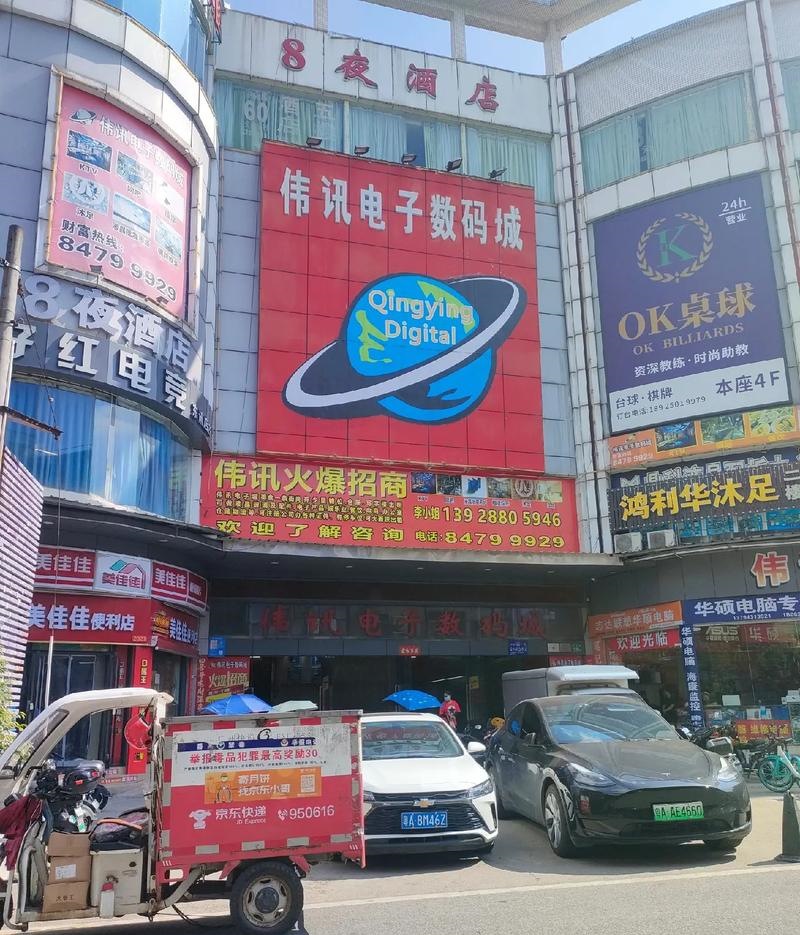
Weixun Electronic Digital City
Phone Cases and Chargers
Guangzhou isn’t just about food and fabric; electronics markets thrive here. Shops near Tianhe and certain wholesale malls stock endless rows of phone cases, chargers, and headphones. The atmosphere is noisy, with vendors waving samples and bargaining loudly. Prices are negotiable, but quality varies, so test before buying and don’t hesitate to walk away if something feels off. When considering what to buy in Guangzhou, tech lovers often start with these essentials.
Tourists often prefer small, portable items because they’re easy to pack. A branded charger might cost 60–100 RMB, while unbranded versions are much cheaper but less reliable. Stick to stores with visible certification marks. Some vendors will even plug devices in on the spot to prove they work, which is worth insisting on before handing over cash. For travelers deciding what to buy in Guangzhou, these accessories are practical and affordable.
Translation Devices and Projectors
In 2025, smart gadgets like translation devices or compact projectors are popular buys. Some malls in Tianhe sell them alongside international brands, with sales staff often demonstrating functions directly in the store. Holding a device in your hand before purchase gives a clearer picture than browsing online, especially for items with multiple features. It’s a highlight for those curious about what to buy in Guangzhou that goes beyond tradition.
These gadgets aren’t always cheaper than abroad, but availability is good and choice is wide. Shoppers should compare prices on platforms like JD.com or Taobao before committing. Doing quick research can prevent being overcharged on impulse buys and ensures you leave with tech that actually serves your travel or daily needs. For many, this makes gadgets a smart part of what to buy in Guangzhou.
Smart Kettles and Air Purifiers
Beyond small gadgets, Guangzhou also houses wholesale hubs for appliances. Walking through these markets, you’ll see stacks of rice cookers, air purifiers, and kettles piled high, with vendors calling out deals to lure customers. While not practical for every traveler, smaller lifestyle devices—air purifiers, smart kettles, massage tools—are common purchases. For visitors asking what to buy in Guangzhou, these lifestyle items can be memorable gifts.
Foreigners should confirm warranty coverage before purchase. Some shops offer global warranty cards, while others don’t. Buying compact items makes it easier to pack and clear customs, and checking for certification stickers ensures you won’t be stuck with a device that fails once you’re home. Picking these wisely is a safe answer to what to buy in Guangzhou that lasts beyond the trip.
Experiencing Guangzhou's Urban Retail Hubs
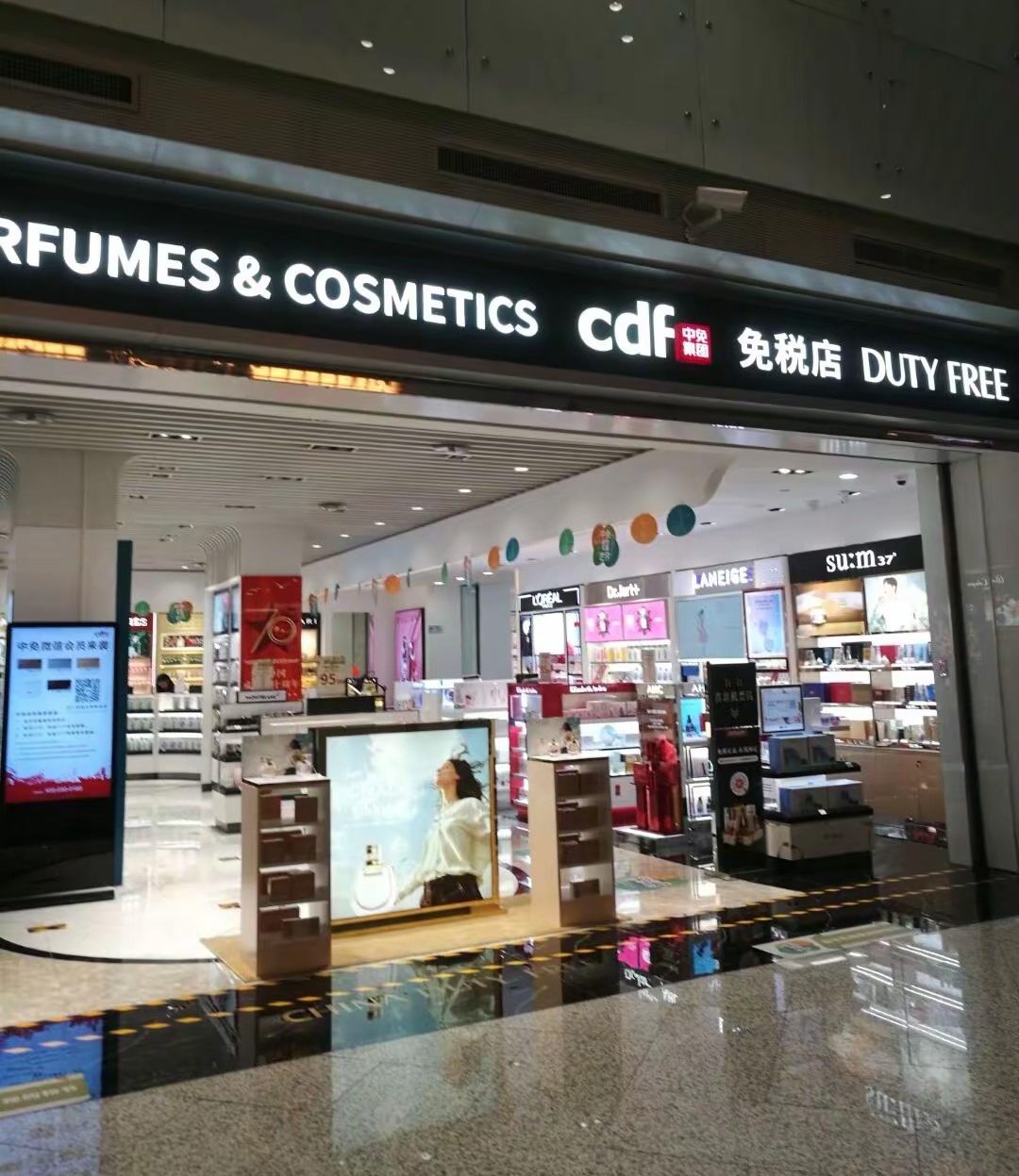
Baiyun International Airport duty‑free shops
Tianhe CBD
Guangzhou’s commercial heart, Tianhe, houses Grandview Mall and Taikoo Hui. These are sleek, climate‑controlled, and full of international brands. Don’t expect big discounts—luxury taxes still apply—but you get the convenience of English‑speaking staff and familiar stores. Grandview even features an aquarium inside, which feels surreal after an afternoon of bargaining at Baima. Anyone curious about what to buy in Guangzhou in a modern setting should stop here.
Walking around Tianhe also gives you a sense of Guangzhou’s pace. Office workers crowd cafés, teenagers line up at flagship stores, and expats often use the malls as social hubs. Even if you aren’t shopping, people‑watching here gives a snapshot of modern urban life. It’s a reminder that what to buy in Guangzhou includes not just goods but the experience itself.
Airport Duty-Free
If your schedule is tight, Guangzhou Baiyun International Airport duty‑free shops stock cosmetics, liquor, and snacks. Prices are lower than downtown malls, though the souvenir range is limited. It’s a fallback option if you forgot to shop earlier, and a convenient way to wrap up decisions on what to buy in Guangzhou.
The layout is straightforward, and staff usually speak English, making it easy for foreigners in transit. While you won’t find every local specialty, duty‑free does cover popular brands and last‑minute gifts, saving you time before boarding. For rushed travelers, it offers a last chance to decide what to buy in Guangzhou before departure.
Mastering Guangzhou's Smart Shopping Skills
Money and Payments
Carry 200–300 RMB cash for markets, since WeChat Pay and Alipay dominate daily life but foreign cards rarely work outside malls. It helps to prepare both physical cash and a mobile payment app linked to an international card where possible. Having small notes ready also makes bargaining easier, and reduces awkwardness when vendors cannot give change for larger bills. Apps like Alipay for Foreigners now allow you to link a Visa or Mastercard, making payments smoother. For small vendors, cash is still king. For anyone still asking what to buy in Guangzhou, payment methods are part of the answer.
Bargaining and Shopping Etiquette
Bargaining is expected in wholesale markets, but approach with patience. If you’re shy, start by asking “ke yi pian yi dian ma?” (Can it be cheaper?). Smile and stay friendly—aggressive haggling usually backfires. In pedestrian streets and independent shops, modest discounts may be possible, while malls and branded stores keep fixed prices. Learn to read the situation so you don’t miss out on a fair deal. Downloading translation apps like Google Translate or Baidu Translate can ease conversations and avoid misunderstandings. Knowing how to bargain shapes your experience of what to buy in Guangzhou.
Accommodation and Transport
Choose hotels in Tianhe or Yuexiu—they’re foreigner‑friendly and close to key shopping spots. Many hotels in these districts also provide English service, easing communication. For booking, platforms like Trip.com and Booking.com are widely used by foreigners.
For transport, Metro Line 1 and Line 2 connect most shopping hubs, making it possible to plan a whole day’s shopping without relying on taxis. Apps like MetroMan or Baidu Maps help with navigation, while Didi Chuxing works much like Uber for rides. Having a metro card saves time and avoids fumbling with coins during transfers. Good planning makes it easier to decide what to buy in Guangzhou without stress.
FAQs: Addressing Your Top Shopping Queries
Q: As a foreigner, how should I pay in Guangzhou?
A: WeChat Pay and Alipay are the two most common systems, and both now allow foreigners to link Visa or Mastercard for convenience. Cash is still useful in smaller markets and snack stalls, so keeping around 200–300 RMB in small bills helps a lot. Many travelers use Alipay’s English interface to manage daily expenses without much trouble.
Q: Can I bargain with shopkeepers?
A: Bargaining is part of the culture in wholesale markets like Baima and in small souvenir shops. Start politely and expect a discount of 10–20% if you buy more than one item. In large malls and branded stores, prices are fixed, so negotiating won’t work. Smiling and staying patient usually leads to a better outcome.
Q: Can foreigners claim tax refunds?
A: Yes, foreigners can get tax refunds at designated stores when spending over the required minimum, usually around 500 RMB in one shop. You’ll need to keep receipts and present your passport. At Guangzhou Baiyun Airport, a dedicated counter processes the paperwork before you check in, so leave some extra time.
Q: Are there seasonal or festival items worth buying?
A: During Spring Festival, shops fill with red gift boxes containing nuts, sweets, and tea. Mid‑Autumn is all about mooncakes, and many bakeries release limited designs each year. Dragon Boat Festival brings rice dumplings wrapped in bamboo leaves, which are a flavorful souvenir if eaten quickly.
Q: Anything I should avoid buying?
A: Avoid purchasing items made from protected species such as ivory or rare animal skins, as these will be confiscated at customs. Fake branded goods are also common in some street markets; they may look tempting but can cause problems when traveling internationally.
Q: Will language be a big barrier?
A: In large malls you’ll find English signs and sometimes English‑speaking staff, which makes shopping smoother. In smaller markets, hand gestures and translation apps like Google Translate help bridge gaps. Many shopkeepers are used to foreign tourists and will make an effort to communicate, so language is rarely a deal‑breaker.
